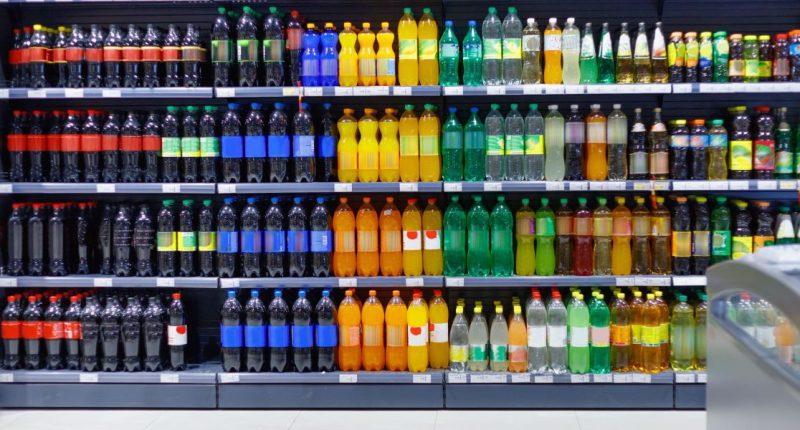Families with a lower income have cut their sugary drinks consumption by nearly 50% after taxes on sweetened beverages were introduced, latest evidence has indicated.
A recent study from the University of Washington has found that lower-income families are ditching the sweetened drinks and “substituting with untaxed beverages”.
Meanwhile, higher-income households have reduced their sugary drinks intake by 18%, the results have reported.
- Low Carb Diet: Beginner’s Guide
- Healthy diet with less sugar linked to younger biological age
- Drinking coffee regularly could lower risk of cardiometabolic diseases
Taxes have been put on sugar-sweetened beverages in a bid to tackle rising rates of obesity and type 2 diabetes.
First author Professor Melissa Knox said: “If households reduce their sugar intake, they will experience health benefits.
“Sweetened beverages are one of the largest sources of sugar in the American diet. They have all kinds of health consequences and don’t really provide any nutrition.”
She added: “The idea with the tax is that lower-income people, because they reduce their intake more, receive greater health benefits than the higher-income households.”
During the trial, the research team analysed 400 households in Seattle, San Francisco, Oakland and Philadelphia, both before and after the tax was implemented in their city.
They discovered that sweetened beverage prices have increased by 22% for lower-income households and 11% for higher-income households.
- New procedure combined with semaglutide could help people with type 2 diabetes avoid insulin therapy
- Lower GI Rice Could Help Combat Type 2 Diabetes
- Type 2 diabetes associated with high intake of ultra-processed foods
Professor Knox said: “We also looked at untaxed beverages and found that lower-income households are substituting with untaxed beverages.
“They’re using some of their money to go buy a different beverage, rather than buying a candy bar instead of buying a Coke.”
Fellow author Professor Jessica Jones-Smith said: “Together, this body of work suggests the tax is having the intended health benefits and this new evidence gives reason to believe health benefits could be larger for households with lower incomes.”
The study was published in the journal Health Economics.





